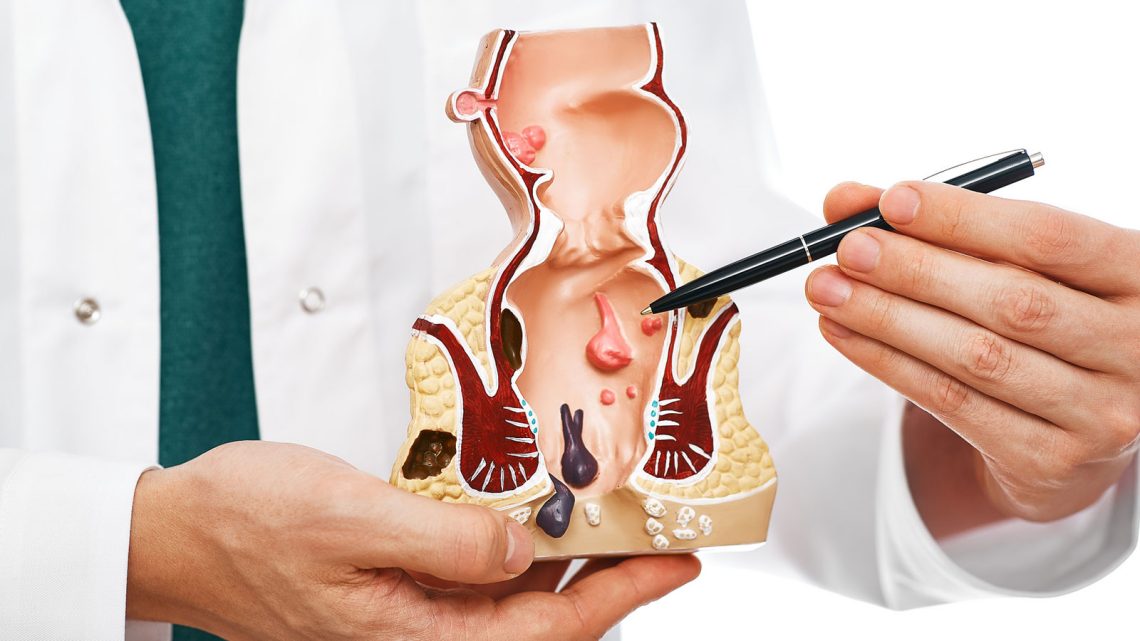Introduction
Hemorrhoids—swollen veins in the lower rectum or anus—are a common condition that can cause pain, itching, bleeding, and significant discomfort during bowel movements. While they’re often treatable with home remedies and medical procedures, prevention is always better than a cure.
One of the best ways to avoid hemorrhoids in the first place—or prevent them from coming back—is to focus on daily habits, particularly around diet, hydration, and how you use the bathroom. This article explores the top strategies to prevent hemorrhoids naturally, with a focus on gut-friendly eating, healthy hydration, and smart toilet habits.
Understanding the Root Causes of Hemorrhoids
To prevent hemorrhoids, it’s important to understand what causes them. The primary culprits include:
- Straining during bowel movements
- Chronic constipation or diarrhea
- Prolonged sitting (especially on the toilet)
- Low-fiber diets
- Pregnancy
- Obesity
- Aging and weakening of supportive tissues
By addressing these causes through everyday lifestyle changes, you can significantly reduce your risk of developing hemorrhoids.
1. Eat a High-Fiber Diet
Why Fiber Matters
Fiber softens stool and increases its bulk, which helps it move more easily through the digestive tract. This reduces straining—one of the main triggers for hemorrhoids.
Best Fiber-Rich Foods
- Fruits: Apples, pears, bananas, berries, oranges
- Vegetables: Broccoli, carrots, spinach, sweet potatoes
- Legumes: Lentils, black beans, chickpeas
- Whole Grains: Brown rice, oats, barley, quinoa, whole wheat bread
- Nuts & Seeds: Chia seeds, flaxseeds, almonds
Daily Fiber Recommendations
- Men: 30–38 grams per day
- Women: 25 grams per day
Tips for Success
- Increase fiber gradually to avoid gas or bloating.
- Combine fiber intake with plenty of fluids.
- Consider a fiber supplement (like psyllium or methylcellulose) if needed.
2. Stay Well-Hydrated
How Hydration Helps
Water works hand-in-hand with fiber. It keeps stool soft and easier to pass, reducing the need for straining.
How Much Water Is Enough?
- Aim for 6 to 8 glasses (1.5–2 liters) per day.
- Increase intake during hot weather or physical activity.
Best Hydration Sources
- Water (plain or infused with lemon/cucumber)
- Herbal teas
- Water-rich fruits and vegetables (e.g., watermelon, cucumber)
What to Limit
- Excess caffeine and alcohol can dehydrate you and worsen constipation.
3. Practice Healthy Bathroom Habits
Don’t Delay Bowel Movements
Ignoring the urge to go can lead to harder stools and more straining later on. When nature calls—answer promptly.
Avoid Straining
Straining increases pressure on rectal veins. To prevent this:
- Let the bowel movement happen naturally.
- Use a footstool to elevate your feet and simulate a squatting position, which opens the rectal canal more effectively.
Don’t Sit Too Long
Spending more than 5–10 minutes on the toilet increases pressure in the anal area.
- Avoid reading or scrolling your phone while on the toilet.
- Get up and try again later if nothing happens.
Keep the Area Clean
- Gently cleanse with unscented moist wipes or water.
- Avoid harsh soaps or excessive rubbing.
- Pat dry instead of wiping.
4. Stay Physically Active
Why Exercise Helps
Regular movement stimulates intestinal function and reduces the risk of constipation.
Recommended Activities
- Walking (30 minutes a day)
- Swimming
- Yoga
- Cycling
Avoid: Heavy lifting or prolonged sitting during hemorrhoid flare-ups.
5. Maintain a Healthy Weight
Excess abdominal pressure from obesity increases the risk of hemorrhoids. A diet rich in fiber and regular exercise not only supports digestive health but also helps with weight management.
6. Avoid Frequent Use of Laxatives
Overuse of stimulant laxatives can weaken the bowel’s natural ability to function. Instead:
- Use fiber supplements or stool softeners as gentler alternatives.
- Consult a doctor if constipation persists.
7. During Pregnancy: Extra Care
Pregnant individuals are at higher risk due to increased pressure on the rectal area and hormonal changes that slow digestion. Tips include:
- Drinking plenty of water
- Eating fiber-rich foods
- Doing gentle exercises like walking or prenatal yoga
- Not delaying bathroom urges
Signs of Hemorrhoids to Watch For
Even with prevention, hemorrhoids can sometimes develop. Look out for:
- Bright red blood on toilet paper or in the bowl
- Itching or irritation around the anus
- Swelling or a hard lump near the anus
- Pain during or after bowel movements
If symptoms persist or worsen, consult a healthcare provider.
Conclusion
Preventing hemorrhoids doesn’t require drastic measures—just consistent, healthy habits. A fiber-rich diet, adequate hydration, and mindful bathroom behaviors are the cornerstones of hemorrhoid prevention. Combined with regular physical activity and maintaining a healthy weight, these simple strategies can help you avoid discomfort, reduce flare-ups, and improve overall digestive health.
Make prevention part of your daily routine, and your body (and bowels) will thank you for it.
FAQs:
What foods help prevent hemorrhoids?
High-fiber foods like fruits, vegetables, whole grains, legumes, and seeds keep stools soft and reduce straining.
How much water should I drink to avoid hemorrhoids?
Aim for at least 6–8 glasses (1.5–2 liters) of water daily to stay hydrated and support healthy bowel movements.
Can sitting too long on the toilet cause hemorrhoids?
Yes, prolonged sitting increases pressure on rectal veins, raising the risk of hemorrhoids. Limit toilet time to 5–10 minutes.
Is exercise helpful in preventing hemorrhoids?
Absolutely. Regular physical activity helps prevent constipation and reduces pressure on rectal veins.
Should I use laxatives to stay regular and prevent hemorrhoids?
Only occasionally. Frequent use of stimulant laxatives can worsen the problem. Opt for fiber and water first.






